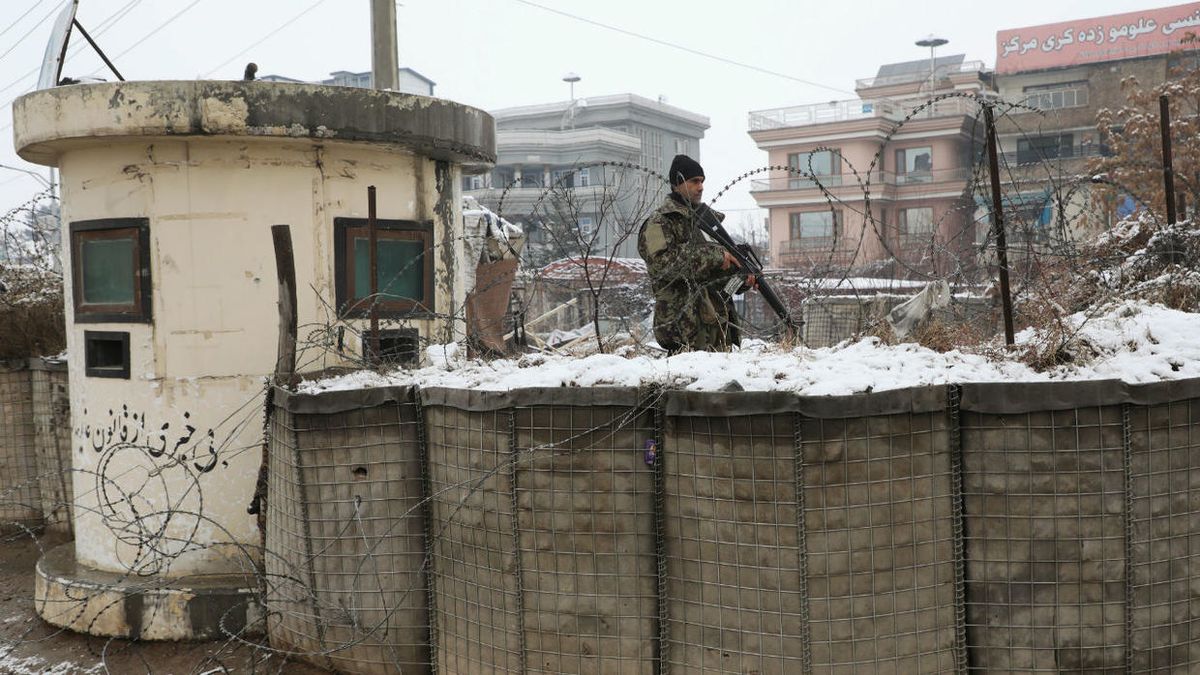US and Taliban agree to truce

A few minutes every morning is all you need.
Stay up to date on the world's Headlines and Human Stories. It's fun, it's factual, it's fluff-free.
On Friday, February 14, the US and the Taliban agreed to implement a temporary truce, laying the groundwork for sustained peace. If a formal peace agreement is eventually finalized, American troops could be sent home after 18 years of war.
For now, the agreement only stipulates an end of violence between the US and the Taliban, including Afghan security forces, for one week.
An American official, on the condition of anonymity, said that a formal peace agreement could be signed within 10 days if all parties hold up their side of the agreement to halt fighting.
Both the US and the Taliban are reluctant to call the temporary truce a full cease-fire, as the Taliban have retained the right to retaliate if they feel Afghan forces use the deal to take over areas previously out of their control.
There were, however, major concessions from the Taliban. They agreed to halt fighting in all major population centers, highways and government buildings.
The agreement comes on the heels of one of the most violent years ever recorded in the conflict. According to United Nations data, there were over 8,000 civilian casualties in Afghanistan between January and September 2019. The UN reported that Afghan and US forces killed more civilians in 2019 than rebel groups.
Hope and fear
Officials on both sides appear hopeful that the truce can lead to a lasting peace.
Speaking with the media on Thursday, US Secretary of State Mike Pompeo said, “[We] hope we can get to the place where we can get a significant reduction in violence — not only on a piece of paper, but demonstrated in the capability to actually deliver a serious reduction of violence in Afghanistan.”
If terms can be adhered to, he continued, “we may well be able to begin the real serious discussion, which is all the Afghans sitting at a table, finding a true reconciliation path forward.”
In a tweet, Afghan President Ashraf Ghani wrote that the talks were “a welcoming development and I am pleased that our principal position on peace thus far has begun to yield fruitful results. Our primary objective is to end the senseless bloodshed.”
A bumpy road ahead
In any peace deal, the status of women and the position of the Taliban in post-war Afghanistan will complicate negotiations. Certain stakeholders, known as “spoilers”, might be happy with the financial or social gains conferred by the status quo. Those actors will “remain a threat to peace efforts throughout the process.” US officials say.
[article_ad]




Comments ()